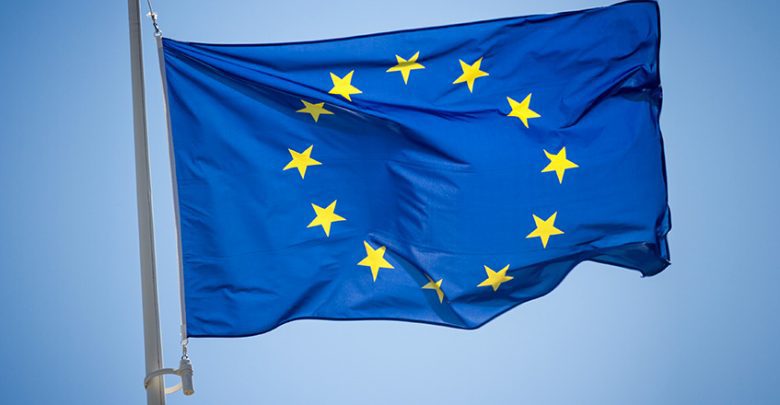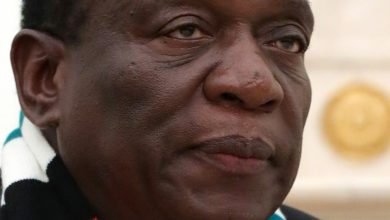
Zimbabwe’s efforts to reengage with the international community after nearly two decades of isolation are seemingly going down the drain following the renewal of the embargo by the European Union (EU) last Friday.
The 27-member bloc cited continued human rights violations in Zimbabwe while announcing the extension of the restrictive measures last week.
“In light of its continuing concerns, the EU has reviewed its restrictive measures, recalling their purpose to encourage a demonstrable, genuine and long-term commitment by the Zimbabwean authorities to respect and uphold human rights and the rule of law,” said the EU.
“The EU has decided to renew its arms embargo and to maintain a targeted assets freeze against one company, Zimbabwe Defence Industries, taking into account the situation in Zimbabwe, including the continuing need to investigate the role of security force actors in human rights abuses.”
The stance adopted by the EU comes hard on the heels of the slapping with fresh sanctions of the country’s security chiefs on similar concerns by the United Kingdom (UK), which has since exited the bloc.
“Clearly we are not making any progress,” said political analyst, Methuseli Moyo.
“Otherwise the EU would have at least toned down or varied the sanctions measures, but they have maintained the status quo, or even ratcheted up pressure. No doubt this is an indication of lack of progress towards normalising relations.”
He said while the country’s former coloniser, Britain, was seemingly ignoring Zimbabwean issues and hardly commenting on the country publicly, it was clear that the whole of Europe was critical of the political situation obtaining in Zimbabwe.
“The EU has remained consistently critical of Harare,” said Moyo.
“Therefore, the whole of Europe, not just Britain, is vehemently against the government in Harare. As long as ZANU-PF remains adamant and unwilling to attend to issues raised by the EU, surely there will be no change.”
Fortune Mlalazi, a public administrator, said the major challenge affecting the relationship between Zimbabwe and the EU is the former’s unwillingness to deal with issues that are on the table.
The issues, Mlalazi said, include human rights violations, the general intolerance of the opposition, corruption and mismanagement of the economy.
“The ZANUPF government in particular is unwilling to deal with those issues on the positive,” said Mlalazi.
“It is unwilling to deal with the issue of human rights violations, it is unwilling to tolerate democracy in general by allowing the opposition to function without any interference from the government. The ZANU-PF government is unwilling not to use state apparatus in political battles, such as the judiciary, the police and the army. The ZANU-PF government is unwilling to deal with the issues of corruption.”
He further explained: “The ZANU-PF government is unwilling to allow freedom of the press, to allow journalists to practise the way they want. So those are the issues that are on the table. However, when Mr Mnangagwa came in, he promised that he was going to reform. They call themselves the second republic, and he calls himself the listening president. However, those are the issues that they are so unwillingly to deal with.”
He said UK’s departure from the EU does not mean it could no longer influence the bloc on Zimbabwe since the relations remain cordial.
Mlalazi added that the issue of sanctions was only affecting the government’s relations with the bloc and not ordinary Zimbabweans some of who are working all over Europe.
“Zimbabweans are generally good people but what is bad here is ZANU-PF,” argued Mlalazi. “So for us at a particular point to enjoy good relations with other countries and not only the western countries we have to do what they have always called regime change. For us to have good governance, for us to enjoy good relations with South Africa, with other countries in SADC and the world over we need to get rid of the ZANU-PF government which has no good relations with other countries.”
Thomas Sithole, another political analyst, said the renewal of EU sanctions was a vote of no confidence in the regime in Harare, adding it was a clear indication the bloc is not happy with Zimbabwe’s snail pace or inaction with regards to the reform agenda.
“Zim has failed the reengagement test dismally hence there is no hope of the country enjoying good relations with the West or EU under the current administration,” said Sithole. “Relations are getting sour by the day as the current regime has failed to conceal its DNA and true colours to the EU and the rest of the world.”
He said the EU was not in any way influenced by Britain, contending it is well represented in Zimbabwe and therefore able to make informed decisions based on the reality on the ground.
“Its decision to continue with the sanctions regime on Zim is as a result of the current administration’s failure to respect human rights and the rule of law as enacted in our constitution as well as the unwillingness of the Harare regime to reform.”





